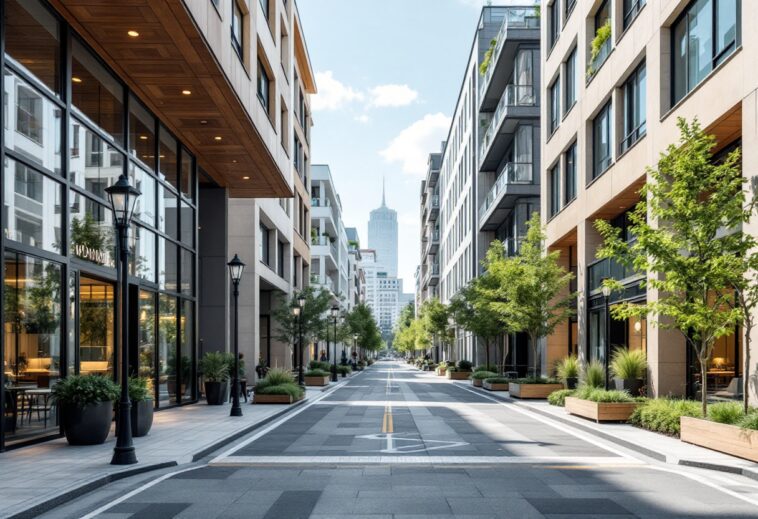Table of Contents
Understanding the challenges in the Downtown Eastside
The Downtown Eastside (DTES) of Vancouver has long been a focal point for discussions surrounding addiction, crime, and housing issues. This area, rich in history and culture, also reflects the struggles faced by many residents.
Recent statements from city officials indicate a significant shift in how Vancouver plans to address these challenges. Mayor Sim emphasized the need for a new direction, one that prioritizes recovery, inclusivity, and public safety. This approach aims to integrate the DTES into the broader Vancouver community, moving away from a model that has historically concentrated services in one area.
Proposed policy shifts for a balanced community
One of the key proposals is to update the Downtown Eastside Area Plan. This update aims to encourage a mix of housing, businesses, and services, breaking the cycle of hyper-concentration of supportive housing and social services.
By diversifying the types of services available, the city hopes to create a more balanced environment that supports both residents and local businesses. Mayor Sim stated, “This allows for the integration of the DTES neighborhood into Vancouver’s broader community, ensuring a more balanced, supportive environment for residents, businesses, and visitors.” This vision reflects a commitment to fostering a sense of belonging and community cohesion.
Addressing crime and enhancing safety
In addition to housing policy changes, Vancouver is launching a city-wide crackdown on organized crime and gangs operating in the DTES. Collaborating with the Vancouver Police Department, the city aims to dismantle criminal networks that exploit vulnerable residents.
This initiative is crucial for addressing street-entrenched violence and enhancing community safety. Mayor Sim highlighted the importance of accountability and dignity for residents, stating, “We owe it to neighborhood residents, Vancouverites, and all British Columbians to do better, and we will.” This commitment to safety and justice is essential for rebuilding trust within the community.
Revitalizing existing housing stock
As part of this comprehensive strategy, the city plans to focus on renewing and revitalizing the current aging housing stock. By pausing the construction of new supportive housing units, Vancouver aims to prioritize the quality and condition of existing facilities. Currently, Vancouver houses 77 percent of the region’s supportive housing, despite making up only 25 percent of the region’s population. This imbalance has raised concerns about the adequacy of services and the overall well-being of residents. The city’s new approach seeks to address these disparities while ensuring that all residents have access to safe and dignified living conditions.




